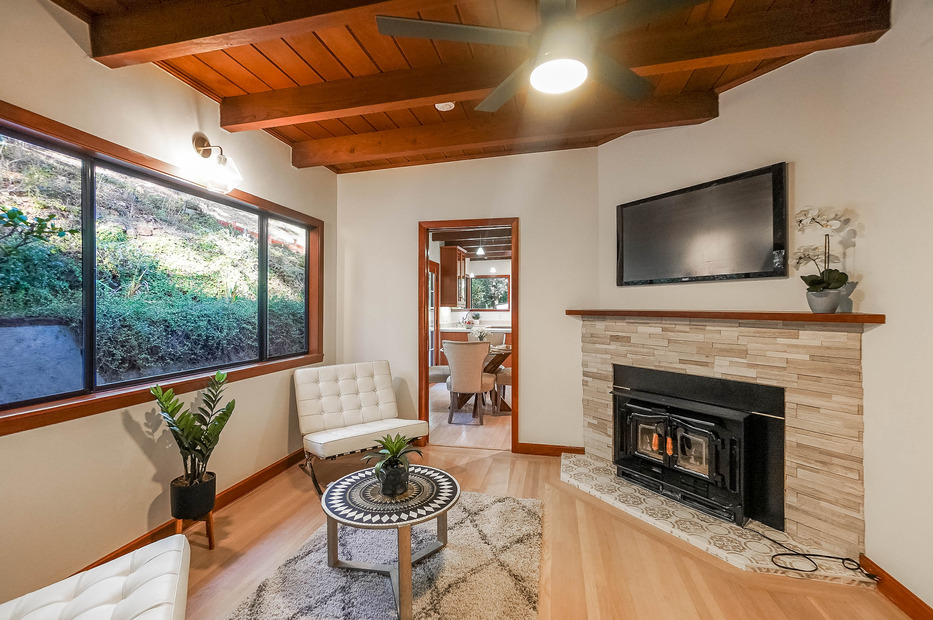
When you think of home interiors, the first thing that probably comes to mind is wood. Not all homeowners, however, can afford to have furniture and fixtures made of 100% pure wood. This is where wood-like materials come in. These materials, like laminates, vinyl, and porcelain tiles, are designed to look and feel like wood. They’re budget-friendly and versatile, making them ideal for anyone looking to upgrade their home interiors without breaking the bank. In this blog post, we’ll be discussing how and why wood-like materials are used in home interiors.
1. Range of Applications
Wood-like materials can be applied to different spaces around the house. For example, there are laminates that can mimic the look of hardwood floors. Some porcelain tiles are designed to resemble wood grain, as well. You may also find vinyl planks that look and feel like authentic wood. Since these materials come in different colors, styles, and textures, they can be used in a variety of settings. Whether it’s for flooring, walls, or even countertops, wood-like materials can be used to create a cohesive and stylish home interior.
2. Easy Installation
One of the reasons why wood-like materials are popular is that they’re easy to install. Unlike real wood, which can require special tools and skills, wood-like materials can be installed using basic tools. Porcelain tiles, for instance, can be installed using standard tile installation techniques. For those who want to DIY their home renovation, wood-like materials provide an accessible alternative to expensive hardwood floors.
3. Durability
Another benefit of wood-like materials is their durability. While wood may dent or scratch, wood-like materials like porcelain tiles or laminates are more resistant to wear and tear. Vinyl planks are designed to be water-resistant, making them ideal for use in moisture-prone areas like the bathroom or kitchen. Porcelain tiles are also highly resistant to water damage and can withstand high foot traffic, which makes them ideal for use in busy areas of the home.
4. Eco-Friendly
Wood-like materials are also eco-friendly. Since they’re not made of real wood, they do not deplete natural resources or contribute to deforestation. Many manufacturers of wood-like materials also use sustainable production methods. For instance, some porcelain tile manufacturers incorporate recycled materials in their products. This sustainable approach ensures that a single product can be used over and over again, reducing waste and promoting environmental responsibility.
5. Cost-Effective
Lastly, wood-like materials are an affordable option for many homeowners. Since they’re not made of real wood, they’re generally less expensive. Additionally, they require less maintenance than real wood, which means lower costs in the long run. For those who want to create a stylish home interior on a budget, wood-like materials provide an accessible option that offers excellent value for money.
In conclusion, wood-like materials are a popular and versatile choice for homeowners who want to create a stylish and functional home interior without breaking the bank. They offer a range of applications, easy installation, durability, eco-friendliness, and cost-effectiveness. Whether you’re renovating your home or simply want to change up your interiors, you may want to consider using wood-like materials for your next project. With so many benefits, it’s no wonder why these materials are becoming increasingly popular in the world of home interiors.

Check out our vlogs to find out more about us!

